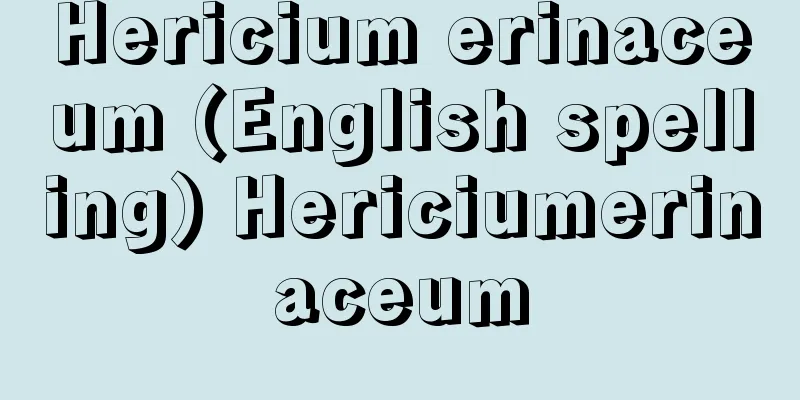Purposefulness - Zweckmässigkeit

|
The state of things is said to be in accordance with a certain purpose. Aristotle believed that natural things are created in accordance with a certain purpose, and that their cause is the final cause. In the Middle Ages, purposiveness was linked to the doctrine of divine predestination, and human salvation was considered to be a choice of God's grace, but in the first half of the 18th century, GH Leibniz asserted the doctrine of pre-established harmony, which states that the universe, consisting of monads, is ordered in a purposive manner. His doctrine of pre-established harmony influenced German Enlightenment thought, but Kant attempted to consider teleology in his Critique of Judgment, dividing purposiveness into subjective purposiveness and objective purposiveness, and calling the former purposiveness (the ability to judge based on feelings of pleasure and displeasure) aesthetic judgment, and the latter purposiveness (the ability to judge based on understanding and reason) teleological judgment. In the 19th century, biology became an independent academic discipline, and biological purposiveness was advocated from the standpoint of evolutionary theory by Darwin and others, and in philosophical terms by H. Spencer, who was influenced by Darwin, and by idealists such as F. Rabesson-Moriand and J. Lachelier. In the 20th century, the issue of purposiveness was considered from philosophical and biological perspectives by H. Bergson's theory of the creative evolution of life, as well as P. Teilhard de Chardin and Portmann. Source: Encyclopaedia Britannica Concise Encyclopedia About Encyclopaedia Britannica Concise Encyclopedia Information |
|
事物のあり方が一定の目的にかなっていることをいう。アリストテレスでは自然の事物は一定の目的にかなって生成するものとされ,その原因が目的因であるとされた。中世では合目的性は神の予定説と結びつき,人間の救いが神の恩恵の選びであるとされたが,18世紀前半,G.H.ライプニッツはモナドから成る宇宙が合目的的に秩序づけられているという予定調和説を主張した。彼の予定調和説はドイツの啓蒙思想に影響を与えたが,カントは目的論の考察を『判断力批判』において試み,合目的性を主観的合目的性と客観的合目的性とに分け,前者の合目的性(快,不快の感情によって判定する判断力)を美的判断力,後者の合目的性(悟性と理性によって判定する判断力)を目的論的判断力とした。 19世紀になると,生物学が学問として独立し,生物学的合目的性がダーウィンらの進化論の立場から主張され,また哲学的にはダーウィンの影響を受けた H.スペンサー,あるいは唯心論の F.ラベッソン=モリアン,J.ラシュリエなどにより主張されたが,20世紀では H.ベルグソンによる生の創造的進化をはじめとして,P.テイヤール・ド・シャルダン,ポルトマンなどにより哲学的,生物学的観点から合目的性の問題が考察されている。
出典 ブリタニカ国際大百科事典 小項目事典ブリタニカ国際大百科事典 小項目事典について 情報 |
<<: Daisaku Kawamoto - Daisaku Kawamoto
Recommend
Bornite - Bornite
A copper sulfide mineral. It is formed as a secon...
Echo Room
...In recording, broadcasting, and concert halls,...
Vacuum induction melting
…Most have a capacity of 50 kg to 10 tons. The me...
Domestic service worker
Home helpers are people whose job is to provide a...
Tokyo Metropolitan Theatre - Tokyo Metropolitan Theatre
...A membership-based organization that allows re...
Kyogenkigo - Kyogenkigo
It is also called "kyogenkigyo." It mean...
Alberoni, J.
...However, his marriage to his second wife, Isab...
Buddhabhadra
…Three Chinese translations and a Tibetan transla...
Amida (English spelling)
An ancient city on the east bank of the upper Tigr...
Kizuki
…Cues for finding schools of fish, such as bird-a...
Commercial servant - shougyoushiyon
A person who is subordinate to a particular merch...
More Than Revenge
...This is the author's representative work, ...
Lirico
…In Baroque opera seria, castrati reigned supreme...
Yurodivye (English spelling)
A wandering madman who appeared in Russian monasti...
Sanyo Expressway - Sanyo Expressway
This expressway runs from the Hanshin region to t...









